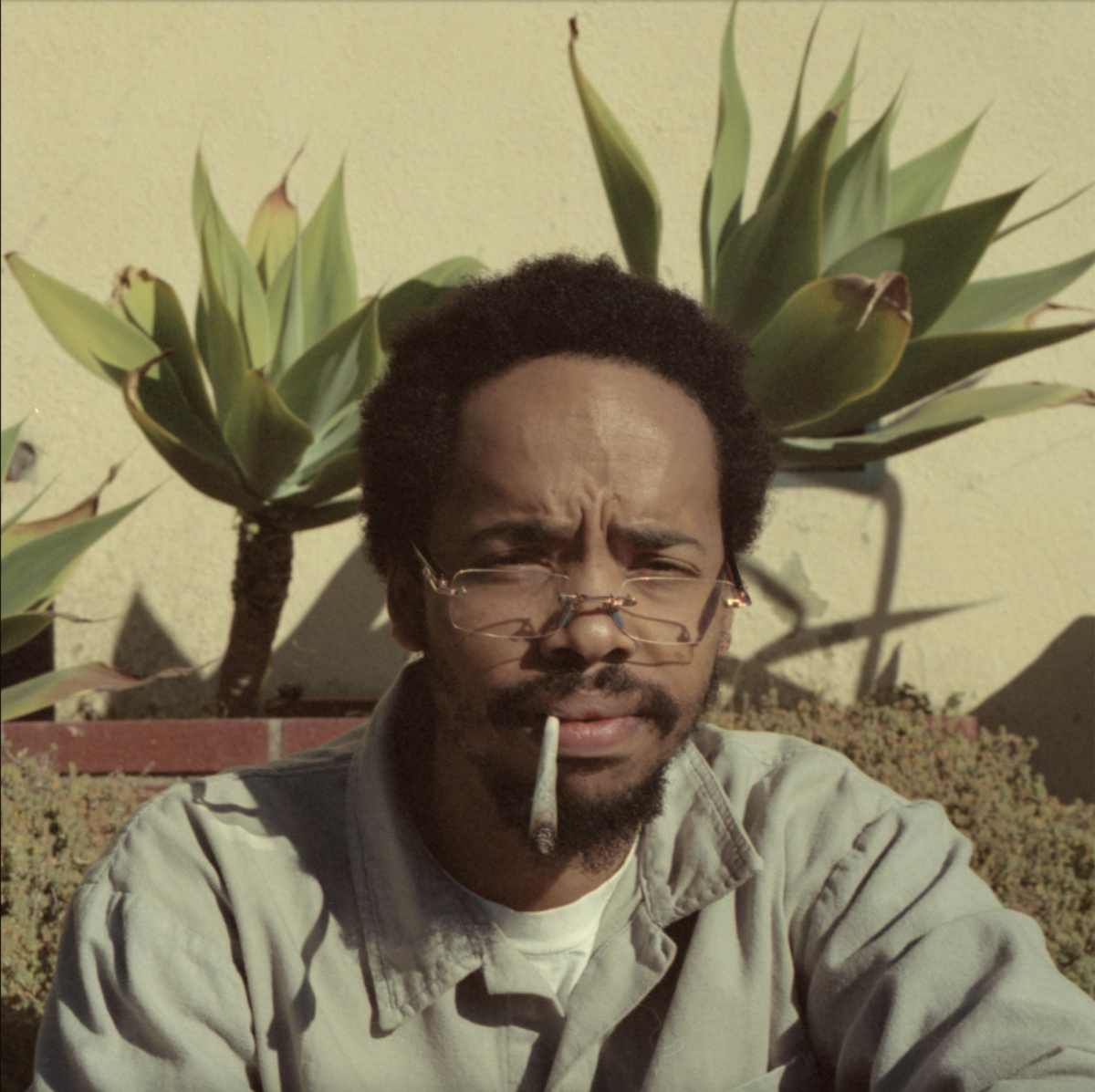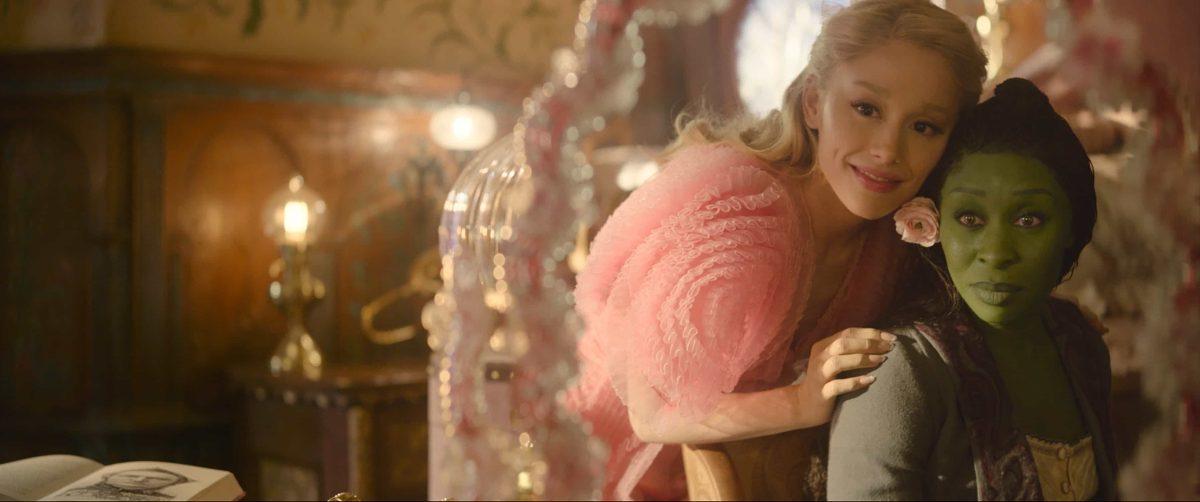In the opening lines of dialogue for Amazon’s “Bliss,” Owen Wilson’s character muses over the nature of dreams and says, “It has a feeling and the feeling’s real.”
Unfortunately, the main feeling about this film is that it’s good, not great. Mediocre, even.
“Bliss” stars Owen Wilson playing Greg Wittle, who seems to be an office drone and at the start of the film doesn’t seem all there. He’s clearly disconnected with his work environment and seems more concerned with daydreaming, drawing or getting prescription refills than keeping his job.
An unfortunate set of circumstances leads him to the character Isabel, played by Salma Hayek. She takes Greg right down the rabbit hole with her devil-may-care attitude and lack of concern for others, revealing to Greg that the world is a simulation.
The film then plays out like a quirky romance movie with sci-fi elements, as Isabel shows Greg they are two of the few “real” people in the world.
Little yellow crystals give them telekinetic powers in the simulation, but other than being a metaphor for drugs, the crystals don’t add much to the story.
Like any fresh romance, their courtship is cute and shiny. But when the shine of Greg’s new love wears off and the yellow crystals take their toll, Greg degrades from a clean middle management type to a scruffy vagrant.
The whole thing reads as an unsubtle but still effective allegory of substance abuse.
Initially, it seems like the film showed its hand too early by making it clear 20 minutes in that Isabel is not crazy and that the world really is just a simulation.
However, what would’ve been a trite turn of events gets turned on its head when the Greg and Isabel are forced to travel to the real world. The film hints that even this place isn’t as real as it seems.
The film is competent in everything it does, although nothing is outstanding.
Director Lance Young’s cinematography gets the job done and the shots are spot on in matching the mood of any given scene
The world is suffused in a cold, almost monochromatic hue and while it isn’t particularly pretty, it does a good job of showing Greg’s dissatisfaction with his life.
The choice to make the simulated world a cold bluish-gray really benefits the latter half of the film as Greg explores the real world. This world is filled with gorgeously saturated tropical hues of greens and blues, clean marble whites and warm brownstone.
The plot calls to mind the 1997 film “Abre los Ojos,” another mind-bending film that questions whether reality is just a simulation. The comparison falls flat, however, as “Bliss” states outright that everything is a simulation early in the plot.
This lack of mystery may seem tacky at first, but “Bliss” does a good job of setting up its own burning questions, such as whether the whole film is actually an extended drug trip or whether the simulation premise holds true.
Unfortunately, it does a terrible job of answering those questions which leads to an unsatisfying ending.
Early on, the film does a good job of world building, putting little visual glitches in the background a la “Fight Club” to hint at the true nature of the story. But this doesn’t amount to much and by the second half of the film, logical and narrative inconsistencies ultimately bog down the whole thing.
The mechanics of the real-world simulation bridge are poorly defined, making plot twists that are supposed to be mysterious, instead completely nonsensical.
Owen Wilson does a fine job portraying Greg Wittle, but the character is perpetually unsure about his motivations and this attitude carries into the plot, making it similarly aimless.
After the climax of the film finishes, it limps to a schmaltzy, unearned and unsatisfying ending.
Still, many people have two hours to spare nowadays and there are worse ways to spend them than falling into the abyss that is “Bliss.”
This film is a good popcorn fodder, but hardcore sci-fi fans or desktop philosophers should skip this simulation.










































